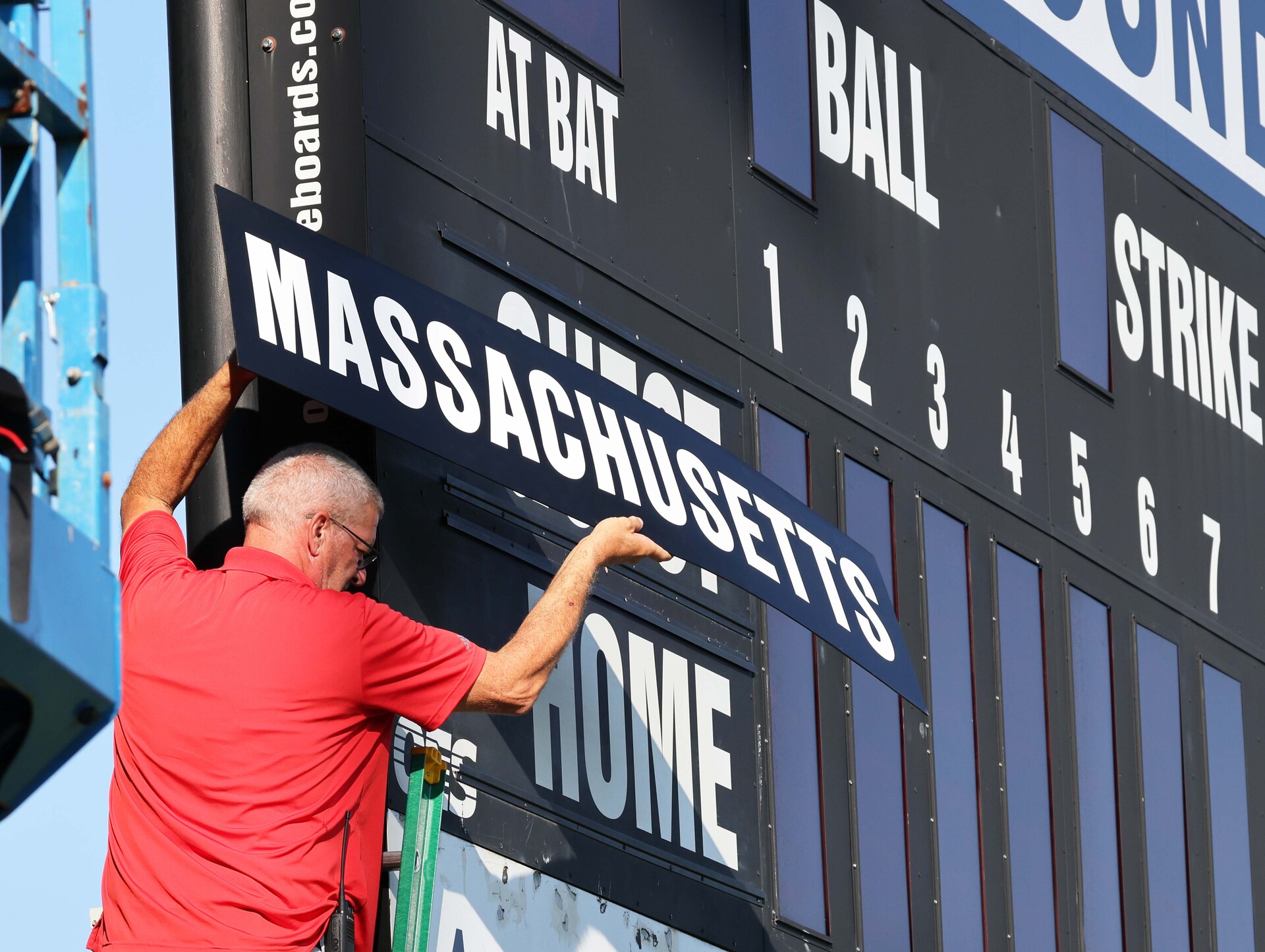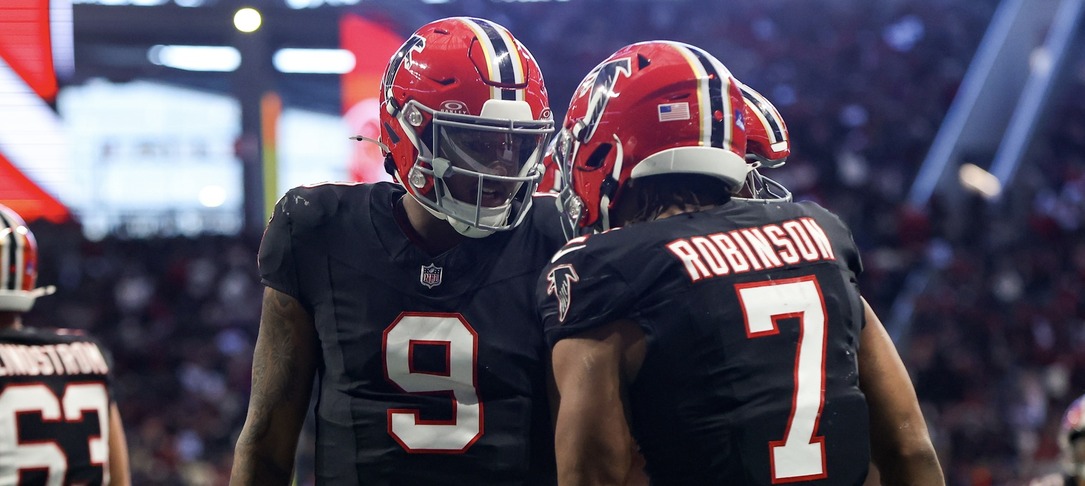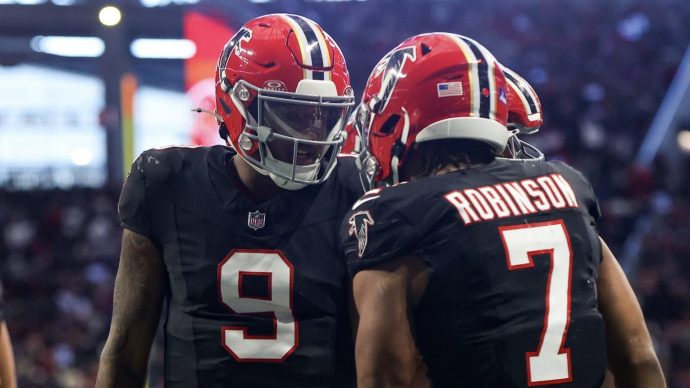Massachusetts pushed a sports betting bill across the finish line at the eleventh hour, while several other states from Minnesota to North Carolina to Missouri were near misses. The difference between success and failure is razor thin, as Sportradar’s Head of Government Affairs, US — Brandt Iden — explains.
Massachusetts Gets It Done
Steve Ruddock: Massachusetts managed to legalize sports betting while North Carolina and Missouri couldn’t get their legislation across the line. They all look pretty similar on paper, so I’m curious what are your thoughts on Massachusetts getting it done, and what do you think of the bill at the end of the day?
Brandt Iden: It’s great to see that we have some welcome news in an otherwise slow sports betting year, as a result of 2022 being a major election year which always slows things down in terms of taking gaming votes. The bill itself is pretty good. I think the tax rate is still a bit higher than I would’ve liked to have seen it, but overall, it’s pretty good. Of course, a lot of this is still left up to the gaming commission, so we have to see how that goes through the rule promulgation process. But, just in terms of the framework of the bill, I think it’s in a good spot.
Massachusetts Sports Betting Law Is Better Than Expected
Steve Ruddock: If I were to tell you a month ago that Massachusetts is going to pass a sports betting bill, would you have expected it to look this good, or is this way beyond what you would’ve expected?
Brandt Iden: If we’re being very Frank about it, the comments that leadership made about the bill were that they wanted a model bill for the country, and that’s why they were taking their time to get it done. We didn’t see that. We got a pretty good bill, but it could always be better.
And, I point to the tax rates. I think that 20% on the mobile piece is still too high, even if it’s around the average across the country. But I think it’s higher than I would’ve liked to have seen it.
And, it was interesting what they did with the college piece about banning the in-state schools yet allowing you to place a wager on an in-state school if they participate in a collegiate tournament within the state. That’s a unique provision that we haven’t seen before. But, any prohibition you put on a wager is just going to continually push consumers to the offshore market.
If you want the best possible, most robust market you can get, you need to allow wagering on in-state schools the entire time. I don’t know what the integrity argument is that there’s a difference if a school is playing in a tournament or not. So why not just allow the wagering to go on the entire time?
I haven’t had a chance to speak to any legislators about the thought process around that. But the way these things generally go, this was probably a negotiated item in the early morning hours, and somebody said, “yep, okay, that sounds good. We’ll take it.”
It’s better than it was before it went to the conference committee. But it can always be better.
Gambling Remains An End-of-Session Issue
Steve Ruddock: We’ve discussed gambling bills getting done in the final hours. What about the end-of-session process allows bills like this to get done?
Brandt Iden: It’s typically on the back of something else. There were a lot of big-ticket items the state was working on going into that final day, like the massive surplus and Gov. Baker saying he wanted to get checks back to the citizens. That sort of halted everything in the chamber. There are always these priorities at the very end and these big-ticket items that need to get done. And sports betting was a major priority for the speaker. Let’s not forget that. This was a major issue for him, and he continued to say, I want this done my way.
I will say this; I think the House won in this negotiation. The House got just about everything that they wanted when they went into the conference committee. So, I think the speaker ended up coming out of this looking great and delivering on some of his promises about sports betting.
But this always comes on the back of something else. So, what the political wrangling was, and what they were trading for between the House and the Senate, I’m not sure. But typically, when a gaming bill gets done, that’s exactly how it happens.
Get Sports Betting Off Our Plate
Steve Ruddock: With the election year and with this being a multi-year effort in Massachusetts, is there a sense that possibly some of the lawmakers that will be there again next year were thinking, “I don’t want to deal with this again, let’s get this over the finish line now, because we’re just going to be dealing with the same issues next year.”
Brandt Iden: That’s always part of the mentality, which is, we’ve been getting the calls into our offices. We’ve been getting hammered on social media about not getting this done. If we can’t deliver on this item, I’m going to hear about it from constituents. That’s always a thought process.
And then, at the same time, you’ve got Senator Lesser. Remember, this was the Senator’s baby and something the Senator was passionate about. In fact, he’s running on sports betting for his Lieutenant Governor campaign.
So the flip side of that coin is that you’ve got departing members that may want to make this a priority and want to make this part of their legacy. And that was something Senator Lesser certainly wanted to be able to hang his hat on as he’s out there campaigning and knocking on doors. Now he can say, sports betting is an issue that I wanted to deliver on, and I was able to do that for the Commonwealth.
It certainly goes both ways with members who didn’t want to deal with it again and those who wanted to use it as a legacy item as they campaign.
Lack Of Leadership Support Derailed Other Efforts
Steve Ruddock: Shifting gears, the last time we talked, we were both positive on North Carolina, is there any idea what led that North Carolina bill to fail by one vote?
Brandt Iden: From the authorization bill to the actual vote, one member switched the vote there, and I haven’t had a conversation with that member to tell you specifically what happened. I think Carolina is just a classic case where there wasn’t as much willpower within the entire legislative body to get it done.
And it wasn’t as leadership driven. One of the things that I believe was key in Massachusetts that got their deal done was the House Speaker. These bills not only come at the eleventh hour, but they also require leadership to really take a strong position and kind of shepherd these things through. And I don’t think that happened in North Carolina.
They had a great bill sponsor in North Carolina. And I don’t blame the sponsor there. I just think that the leadership wasn’t as passionate about it in North Carolina as they were in Massachusetts. It takes that sort of extra political capital and push to get these things over the finish line in many of these states. Especially in these states that we’re coming into now, that will be harder states. We picked the low-hanging fruit and these other states we’re now dealing with: Alabama, Georgia, and South Carolina are tough states that we’re going to have to get support from leadership and leadership buy-in to get these things over the finish line.
In fact, the reason it didn’t get done in Minnesota was leadership. The leadership said we don’t want to do it, and sometimes these are really leadership-driven at the end of the day.






